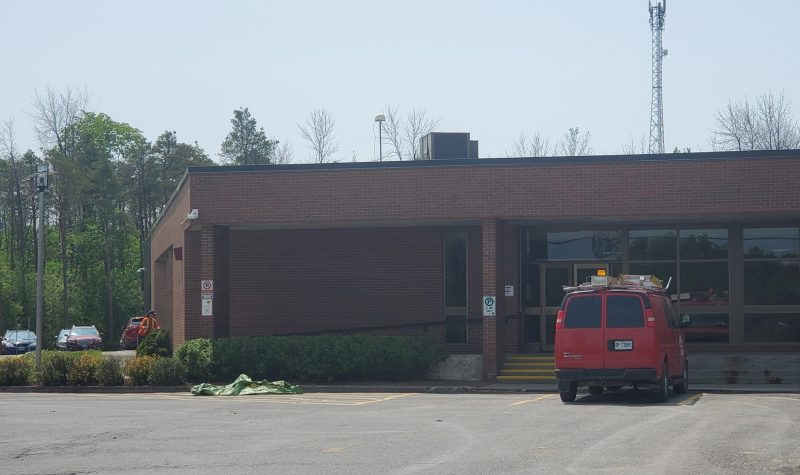A new pilot program with Food Cycle Science (FCS) is aiming to reduce food waste in Loyalist Township.
Council passed a motion at their June 26 meeting that will see Loyalist Township partner with FCS to bring 100 FoodCyclers to households in the township.
FCS is a finalist of Impact Canada's Food Waste Reduction Challenge, which is a three-stage initiative through Agriculture and Agri-Food Canada (AAFC) to support business model solutions that prevent or divert food waste at any point from farm to plate. FCS's submitted project is titled “Residential On-Site Food Waste Diversion for Northern, Rural, and Remote Communities.” Their solution involves the FoodCycler being distributed to small communities and townships like Loyalist.
According to FCS, this project will help reduce food waste in landfills, take more trucks off the road, reduce infrastructure and collection costs, and contribute to a 95 per cent reduction in CO2E compared to sending food to landfills. They said that 63 per cent of food waste is avoidable and responsible for about 10 per cent of the world's greenhouse gas emissions.
The purpose of the FoodCycler pilot program is to measure the viability of on-site food waste processing technology as a method of waste diversion. There will be two separate FoodCycler models available for participating households.
The FoodCycler FC-30 and Maestro devices can process 2.5 liters and 5 liters, respectively, of food waste per cycle. They convert it into a nutrient-rich by-product that can be used to enrich soil. Each FoodCycler is estimated to divert at least two tonnes of food over its expected lifetime. Based on market rates of $100 per tonne of waste, 100 households participating would divert 200 tonnes of food waste and save the township an estimated $20,000.00 in costs. Every tonne of food waste diverted from a landfill is estimated to reduce greenhouse gas emissions by 1.3 tonnes of CO2E. Based on this, 100 households could divert approximately 260 tonnes of greenhouse gas emissions before transportation emissions are factored in.
FCS will provide an initial discount to the township and contribute an investment from AAFC/Impact Canada of $10,000. Loyalist Township provides a subsidy, and the resident provides the remaining contribution. The purpose of this model, according to FCS, is to make this technology accessible to residents at an affordable price.
The municipal investment for Loyalist Township is $100 per household, regardless of which device is selected. Residents will then have the option to choose the FoodCycler model that best suits their household and budget. The cost to the municipality is expected to be $11,500.
In 2020, during the development of the ResiLient Climate Action Plan, the township conducted a public survey on the topic of source separated organics. Resident feedback showed a clear desire for an organics program in Loyalist Township. Council noted although this program does not provide a comprehensive solution, it is a positive step towards diverting food waste from landfills.
Coun. Carol Parks explained some other reasons why this program can be beneficial to the community.
"There's challenges in the urban areas with rodents and all sorts of things, so this I think this is a great option for people and even for seniors that may not be able to go out to a composter in the middle of the winter. I think there's a great opportunity for this," said Parks.
A trial and survey period will take place for 12 weeks starting on or before Sept. 1. Residents will be asked to track weekly usage of the FoodCycler during each week of the trial. Tracking sheets will be provided as part of a resident package prepared by FCS. At the end of the 12 weeks, residents will report their usage and be asked to answer some survey questions. All personal information of participants will be removed from any data ahead of sharing with FCS
FCS has a dedicated municipal support team that is available to assist residents directly with any troubleshooting, repairs, or replacement when required. Replacement units will be supplied at no cost to the township. Any unused spare units remaining after the warranty period shall be donated to a local school, with priority given to schools participating in EcoSchools Canada programs.
Hear the story below;


